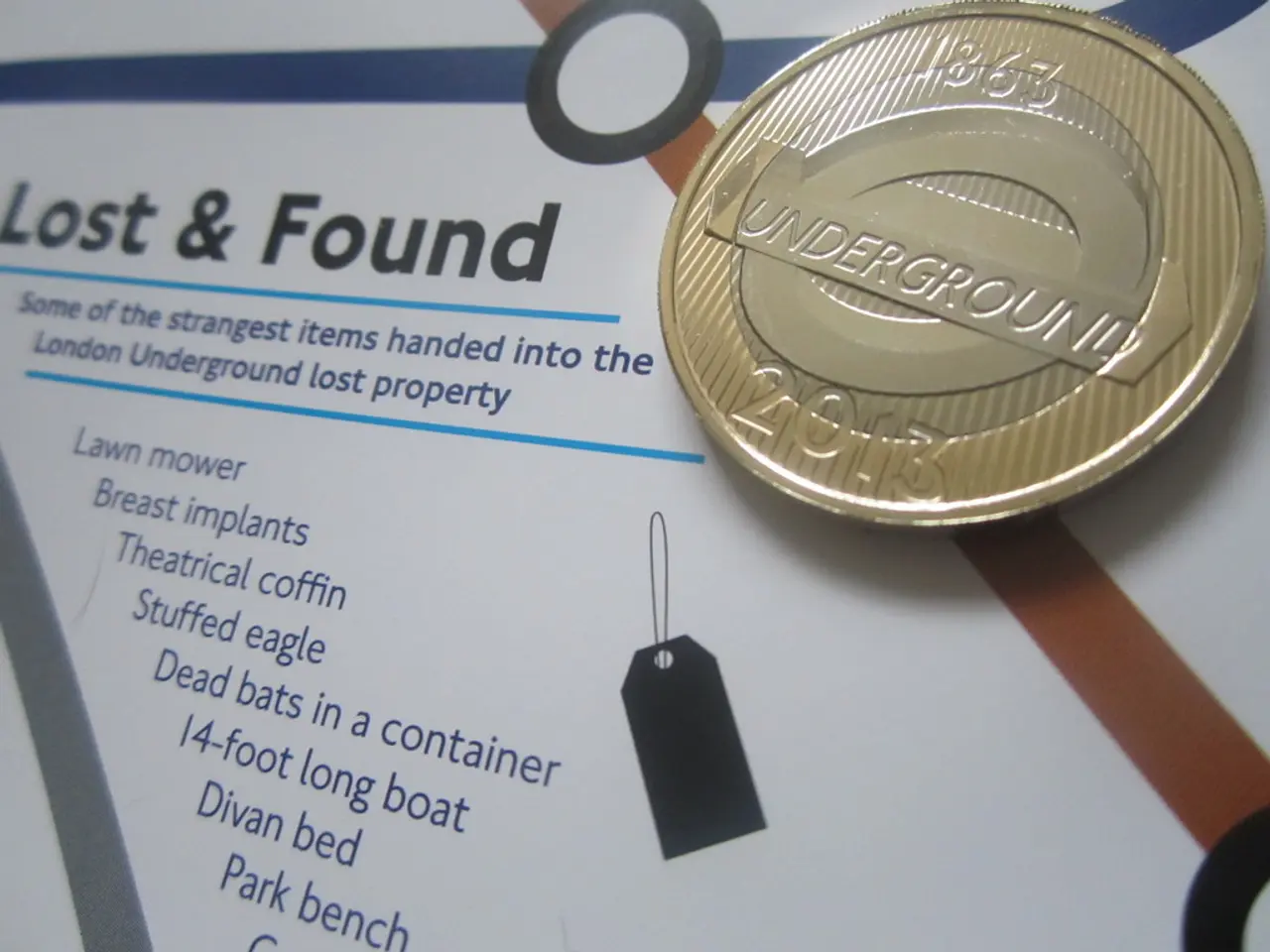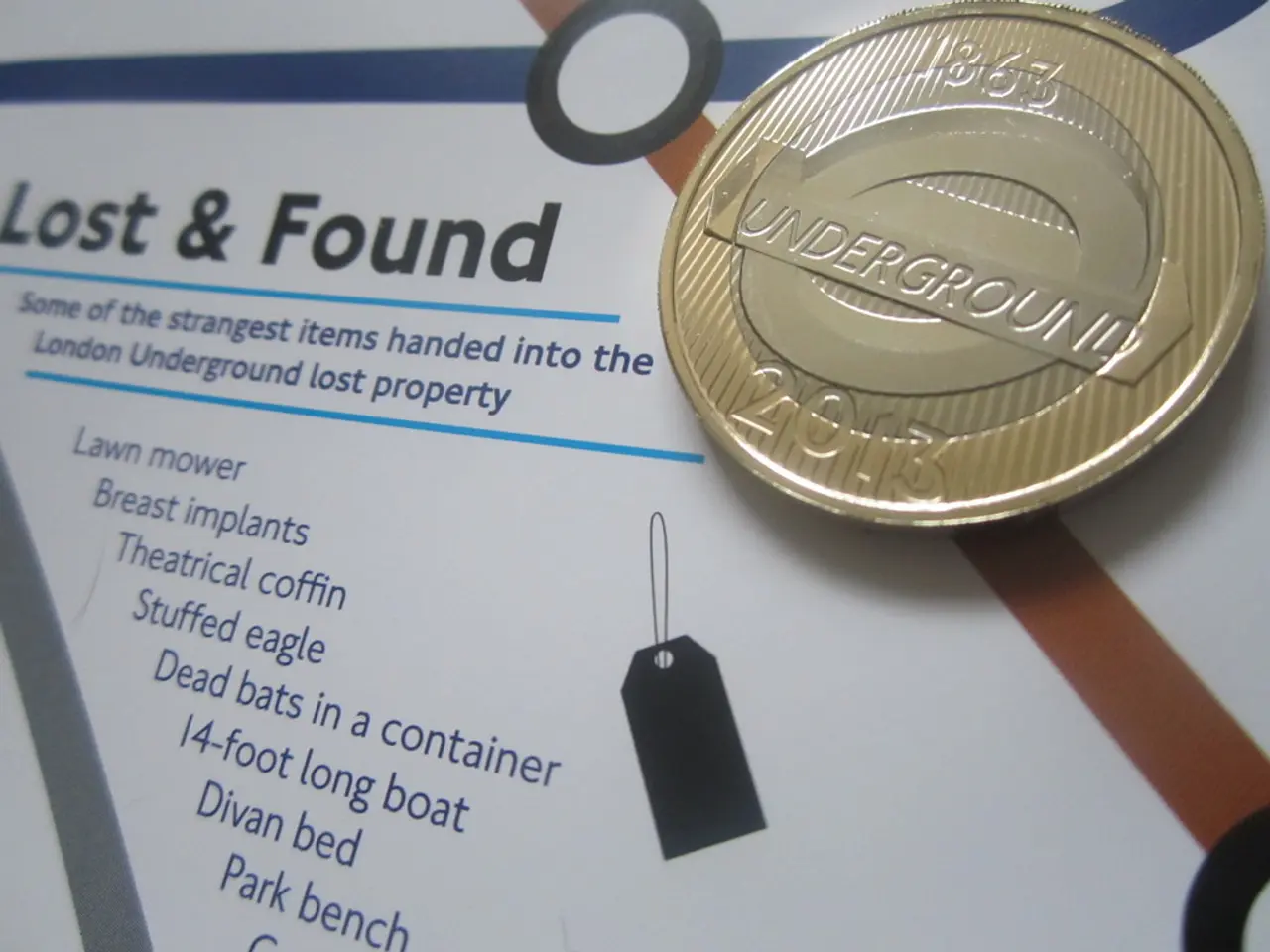Saddle Up for Change: Privatize Redefin State Stud to Ease Taxpayer Burden
Taxpayers' group advocates for privatization of debt-ridden land registration department - Environmental Protection Directive Proposal Requested by Commission
Want to see some changes in the district of Ludwigslust-Parchim? The Federation of German Taxpayers suggests it's high time to privatize the state stud farm in Redefin.
"The Stud's a dud, draining mega bucks from our pockets," gripes Sascha Mummenhoff, state chairman of the Federation of Taxpayers in Mecklenburg-Vorpommern, slamming the current minister for his inability to manage the Stud's finances effectively.
The Leadership at Redefin is woefully inadequate, with no solid strategy in sight. Interim management by a consulting firm has taken over, with an ongoing legal dispute over the appointment process stalling progress.
"Horses are luxury pets, folks," Mummenhoff stresses. "The state should quit footing the bill for these four-legged friends and focus on what truly matters—privatizing the Stud is long overdue."
Over the past five years, a hefty sum of 16.5 million euros has been poured into Redefin's upkeep. Taxpayers are left scratching their heads, wondering why their hard-earned cash is being spent on maintaining a relic of yesteryears.
Rebuilt 200 years ago and protected under monument status, Redefin serves as a center for horse breeding and more, hosting events like stallion parades and classical concerts. But is it too much for the state to handle?
The Big (Private) Saddle Up
Privatization might be a solution to lighten the financial load on taxpayers. Here's a rough idea of what it could mean:
- Fiscal Responsibility: Private companies often operate more efficiently, with lower costs and increased revenue opportunities. This could result in reducing the burden on taxpayers over time.
- Employment and Economic Growth: If managed correctly, privatization could lead to job creation and stimulate the local economy. However, the terms of the agreement will play a crucial role in the Stud's future success.
- Repurposing the Stud: The facility could be transformed into a tourist attraction or conservation area, maintaining its historical significance while generating revenue.
- Promote Horses the Right Way: Privatization might provide opportunities for partnerships with the equine industry, breeding and training top-tier horses, and organizing equestrian events to benefit the Stud and the community.
- Community Engagement: Educational workshops, farming seminars, and school partnerships can help nurture a new generation of agriculturists and horse enthusiasts.
Privatization is a complex process, and it's crucial to carefully consider its effects on the community, the state, and local taxpayers. However, one thing's for sure: Redefin's high maintenance costs can't be ignored any longer. It's time to weigh the options, saddle up, and ride into a brighter future for Redefin State Stud.
- The Commission should scrutinize the potential privatization of Redefin State Stud, focusing on the benefits that private management could bring, such as fiscal responsibility, employment growth, repurposing the facility, promoting the equine industry, and community engagement.
- Simultaneously, the Member States must engage in open dialogue with the Commission, considering the consequences of privatization on the local community, state, and taxpayers, while also addressing the ongoing financial burden and inefficient management found at Redefin State Stud.




